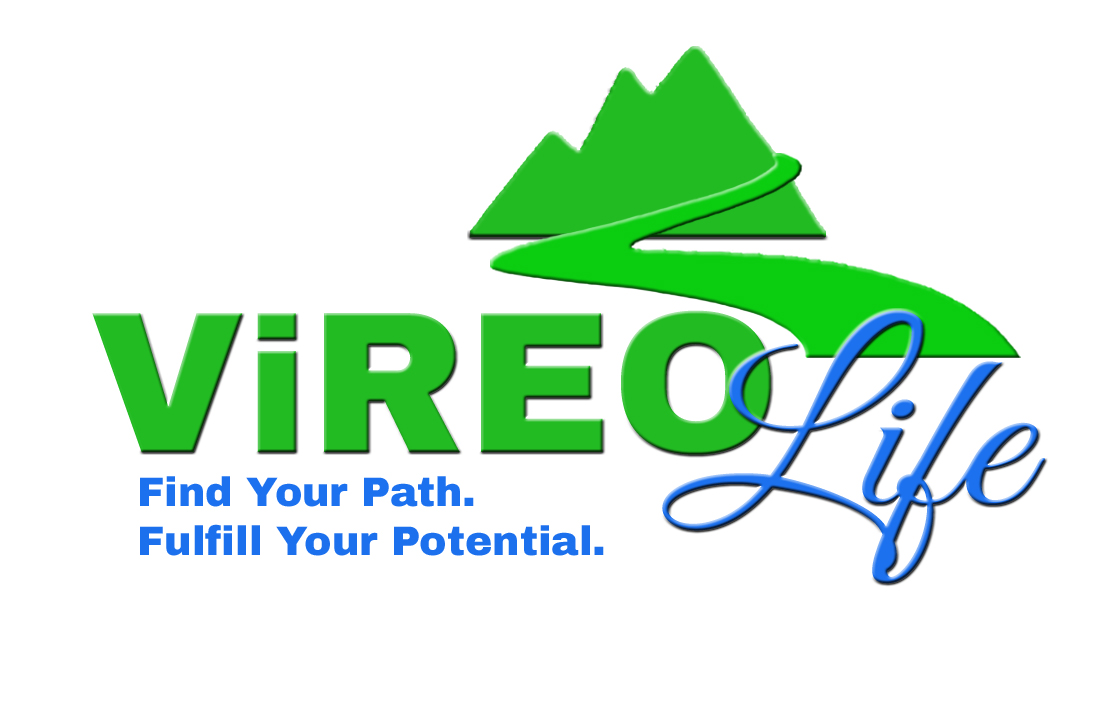Sugar. Ah, Honey, Honey
/Summer time is lemonade time. And in the south, it’s pitchers of sweet tea on picnics.
A new connection on LI messaged me that she is decreasing the sugar she consumes by eliminating sweet tea and lemonade.
Within a day, a new client found out his A1C is almost double where it should be.
(Side note - A1C measures the average of your blood sugar over a 3 month period. So he got really motivated to manage his sugar intake.)
A little warning: If you have diabetes or are dealing with an eating disorder, please pay attention to your health care team’s personal advice. This article is for general information.
How do you lower your sugar intake, without getting into yo-yo dieting?
First, I wanted to see how you consume sugar. So, this week I reached out to you on LI, IG, and FB. (And if we aren’t connected on social - you are missing out. So, wherever you hang out most, let’s connect.)
I asked if you tended to eat sugar, drink it , or avoid it.
Your responses were insightful.
20% drink
50% eat
20% limit
10% avoid
Comments included not consuming processed, but didn’t consider juice -- which is concentrated sugar -- as processed as long as it was fresh juice.
Someone else said they wanted to know how to have discipline and willpower with sugar - so that’s going to be part II
Why is this important?
This is sticky … so let’s be careful not to demonize sugar or make it a saint.
Let’s go to science.
Sugar is not toxic, at least not in the sense that true poisons are dangerous.
The only health issue sugar is confirmed to cause is tooth decay.
Malnutrition, obesity, and even diabetes have not been shown to be caused directly by sugar itself.
All of these have multiple factors at play.
For example, if sugar is replacing nutrient-rich foods that your body needs, you may get the calories you need for fuel, but not the vitamins and minerals you need. That’s the essence of malnourished.
For diabetes, the evidence is conflicting and interesting. In some populations in the world, an increase in sugar consumption has tracked with an increase in Type II diabetes. In other populations, no relation has been found.
However, in some animal studies diets very high in sugar can cause diabetes like disease.
For obesity -- research is clear that you can gain weight whether you eat too much carb whether starch or sugar, protein, or fat. However, because you can drink sugar, it is easier to get excess calories from processed sugar than from other sources.
What to do?
This is about understanding the principles vs. creating food rules
Know the difference between sugar occurring incidentally in a whole food vs. in processed or concentrated form.
Consume foods in combination.
It is not just about if the food has sugar in it. It is about how quickly does the food digest and raise your blood sugar … and then if it makes you hungry quicker.
How does sugar fit in with IE?
Three components of IE that I teach you are eating what you really want and eating slowly, savoring your food, and stopping when you are satisfied.
If you are not following a medical diet, then try this experiment. It is one I’ve used in workshops and with clients for years.
Before you eat or drink something sweet, ask yourself “on a scale of 1-10, how much do I want this now” and “on a scale of 1-10, how much do I want what I will feel like later”
Second, pay attention to the pleasure of the food or drink. Perhaps it is not savoring 3 bites of a brownie that is causing issues for you. Perhaps it is eating multiple brownies, distracted while you watch YouTube videos.
Third, when you eat slowly you are more able to stop when you are satisfied. 3 bites might be enough.




